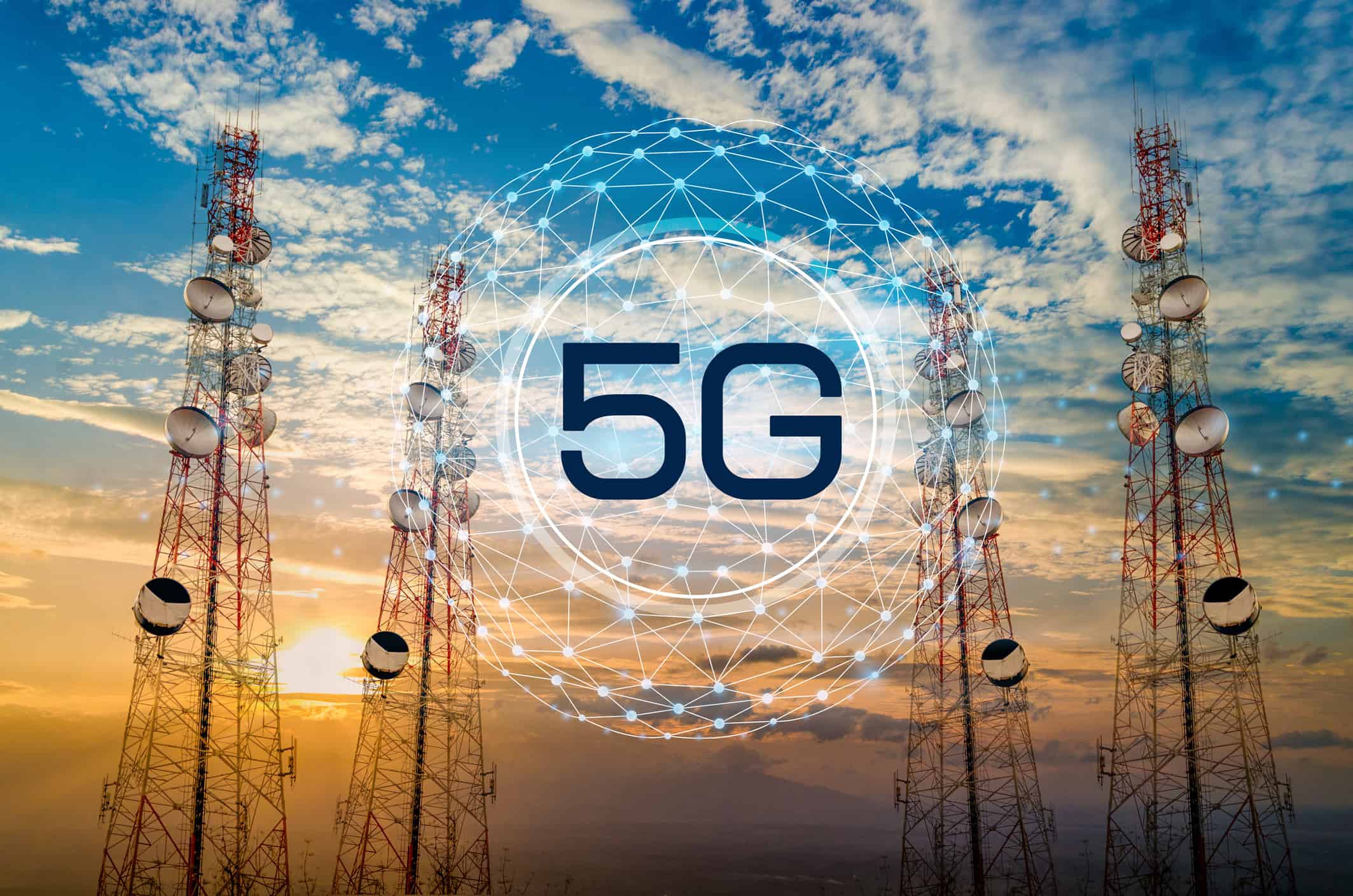Activist investors buy large stakes in underperforming yet undervalued companies, then advocate for change. So when one takes on a large, well-known company such as AT&T (NYSE: T), it’s certainly news. On Monday, activist hedge fund Elliot Management, run by founder and co-CEO Paul Singer, disclosed a $3.2 billion stake in AT&T and put forward a comprehensive plan for change.
The hedge fund operators think that the telecom giant, which traded for just over $36 per share to start the week, could reach a whopping $60 per share by 2021 … if the company follows Elliot’s plan, of course.
So what is this plan, exactly?
Wouldn’t have, shouldn’t have
Much of Elliot Management’s thesis consists of blaming AT&T’s management for past blunders. Mainly, Elliot criticizes the telecom’s massive acquisition spree over the past decade. These include AT&T’s failed acquisition of T-Mobile (while having to pay T-Mobile a substantial breakup fee, kick-starting the competitor’s rise in the process), the 2014-2015 acquisition of DirecTV, the 2016-2018 acquisition of Time Warner, as well as the company’s foray into the Mexican and Latin American telecom market. These are just the largest of AT&T’s acquisitions — Elliot didn’t even mention smaller buys such as AppNexus and others.
Elliot also believes AT&T is operationally inefficient, as the aforementioned acquisitions have distracted management from its core operations, causing the company to fall behind peers such as Verizon. Elliot contends that AT&T lost focus, ceding the premium network leadership to the more focused Verizon, while also ceding the lower end of the market to disruptive innovator T-Mobile. Of note, Elliot mentions that AT&T’s service earnings before interest, taxes, depreciation, and amortization (EBITDA) margins are a huge 1,500 basis points lower than Verizon’s — that’s 15 percentage points!
Meanwhile, Elliot goes on to criticize AT&T’s total lack of a strategy in the media space, a new business for AT&T’s leadership. Elliot cites dwindling pay-TV subscribers, the lackluster launch of AT&T’s DirecTV Now over-the-top service, as well as the company’s ever-changing plan for integrating and delivering all of Time Warner’s assets.
With all of these missteps, one wonders what Elliot might see in the lumbering telecom. The answer: 5G services.
A chance to reset the industry
Elliot’s main bull case for AT&T is its potential to leap ahead of Verizon and reclaim wireless leadership for the 5G wireless standard, as Verizon did with 4G. 5G will enable lightning-fast communications and ultra-low latency, and therefore, a new wave of futuristic applications. Currently, the 5G buildout is in the very early stages, and herein lies the opportunity.
As I wrote in July — and which Elliot mentioned in its thesis — AT&T has the advantage of building out FirstNet, a nationwide network for first responders. Winning this contract in 2017 also gave AT&T valuable spectrum, as well as some subsidies for the buildout — which means that the company will have an advantageous head start in the costly and time-consuming construction of its 5G network. Elliot calls the 5G opportunity one that AT&T “cannot afford to miss.” He elaborates further:
We believe AT&T will be able to quickly move forward while its main competitors remain either spectrum-disadvantaged or distracted as they integrate major transactions. However, while AT&T is well positioned, success in 5G will require meaningful investment and improved execution; anything less and AT&T risks missing this opportunity and falling behind again.
Elliot is likely referring to the Sprint and T-Mobile merger in the quote above, leaving just Verizon for AT&T to surpass.
Elliot’s argument seems a bit obvious
For the most part, Elliot’s arguments are spot-on. AT&T has seemed to stretch itself too far away from its core wireless operations, and its new media strategy doesn’t seem particularly well-thought-out. In addition, leaping ahead of competitors in the race to 5G is certainly of utmost importance.
However, it appears that management is already aware of this and already investing heavily in 5G. And while one can never be sure, it doesn’t seem like AT&T is going to do any more acquisitions in the near future. In addition, AT&T has, in fact, been generating some synergies from recent acquisitions and expanded its adjusted operating margins by 90 basis points last quarter. So it doesn’t seem like Elliot is proposing much of anything that AT&T isn’t already doing.
While Elliot did call for AT&T to divest some of its assets — specifically, its Latin American operations and small home-security business — the hedge fund stopped short of calling for a divestiture of the large media assets, though it did advocate that “numerous major portfolio actions” should be “thoroughly explored.” But if Elliot isn’t proposing that AT&T sell off its Time Warner and DirecTV assets, they’ll still be part of the company and thus still represent the same distraction that they’ve always been.
In fact, much of what Elliot was calling for was generally pretty vague. The company wants AT&T to become more efficient, yet didn’t really detail what it thought it should do, other than hiring third-party experts and advisors as part of a strategic review. The hedge fund’s plan for capital allocation — keeping the dividend while dividing the remaining cash flows between buybacks and debt paydown — is pretty much in line with what AT&T is currently doing.
A value investment with a hint of activism
While I agree with much of what Elliot said in terms of AT&T’s past missteps — especially buying DirecTV at “peak cable” just before mass cord-cutting — much of Elliot’s prescription for improving AT&T is less clear. While Elliot’s prodding may help the process around the edges, it’s likely that the investment was based on finding a big enough target trading at just 10 times forward earnings with a multiple that could very well be boosted by the mere presence of an activist investor in the large-cap laggard.







